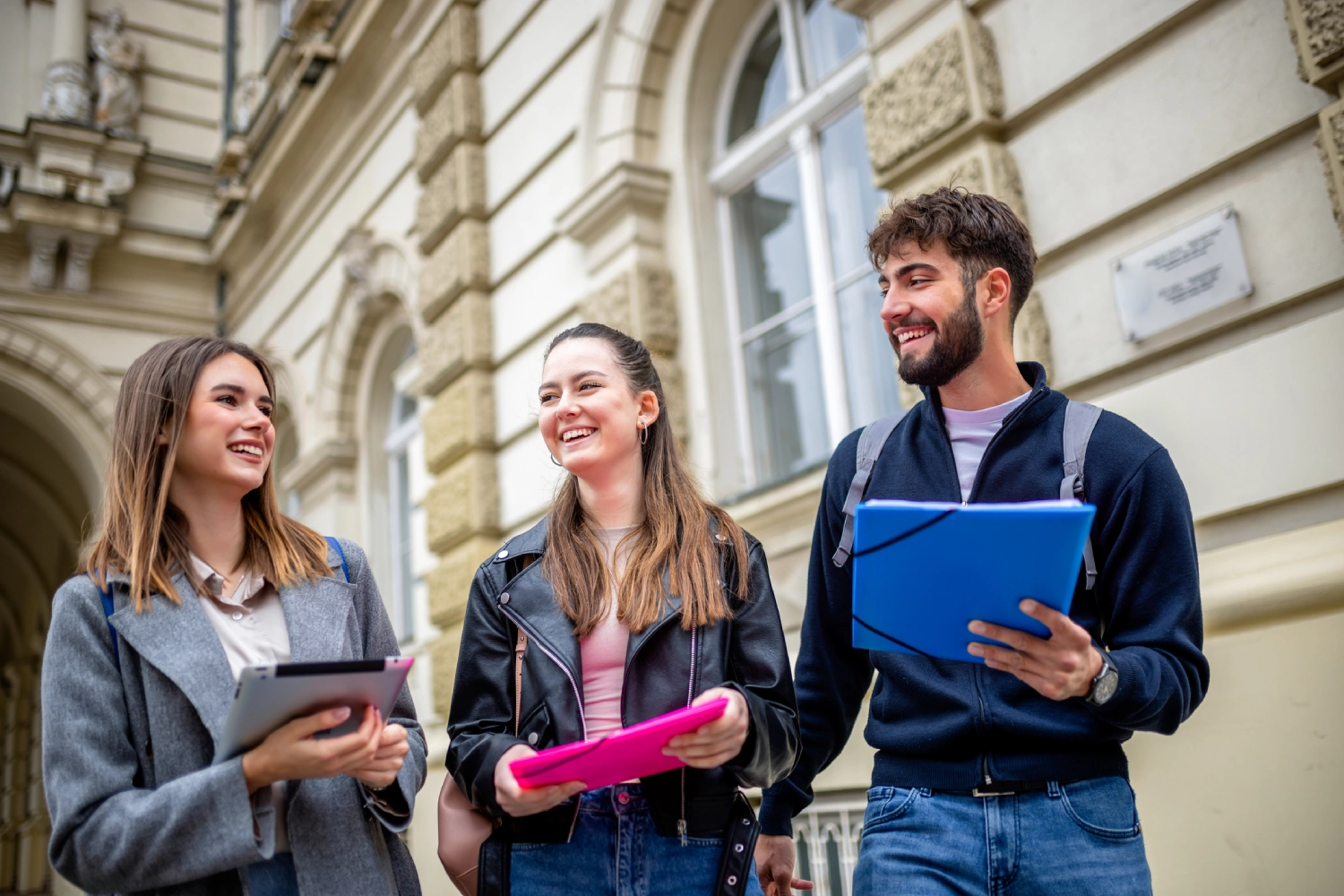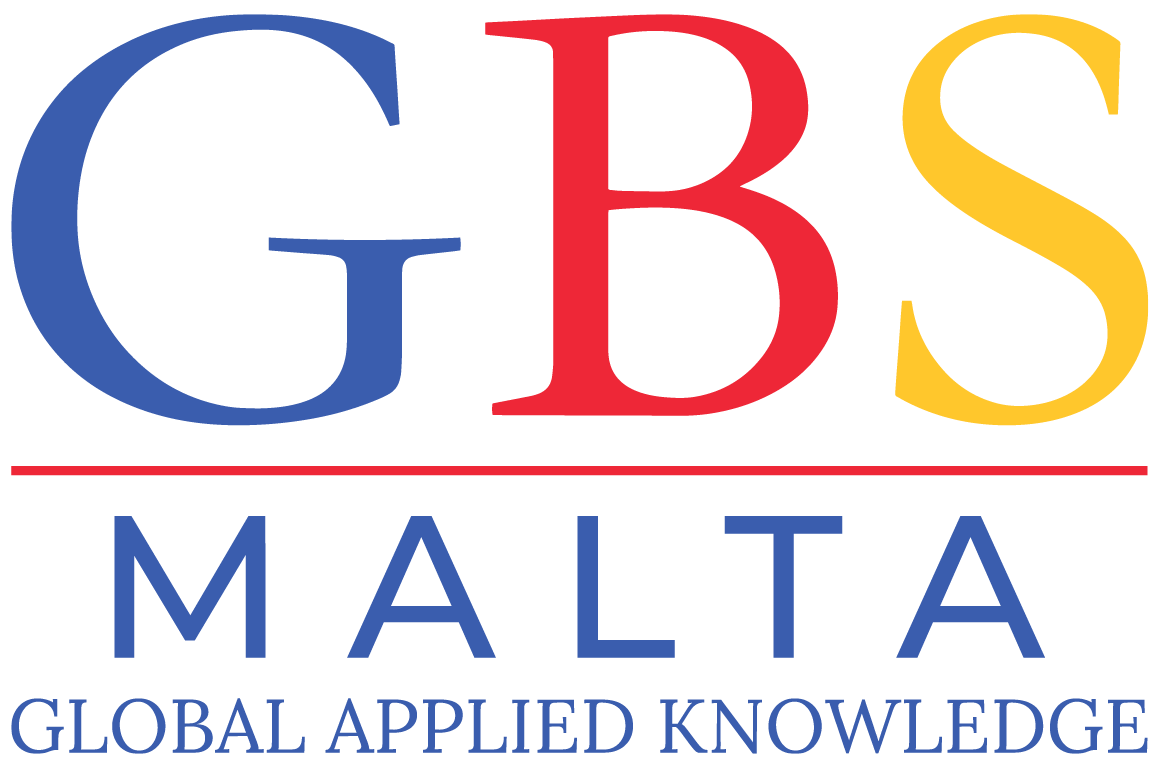Work permits for students in Malta
As an international student, you are eligible for part-time work options in Malta under straightforward rules. The maximum limit is 20 working hours per week during the academic term.
Holidays? Work full-time to maximise those earnings.
Here's your step-by-step to snag that permit:
- Check eligibility: Are you a non-EU/EEA national pursuing a full-time, MQRIC-recognised higher education qualification? You can work starting from your first year of study.
- Residence First: You must apply for and receive your e-Residence Permit (applied for four to five weeks after arrival).
- Apply via Jobsplus: Upon issuance of the permit, you can apply for the employment licence (work permit). The application is considered more favourable if the job offer is related to your programme of study.
- Track and start: Once approved, you're golden – keep records.
This legal setup ensures your pursuit of student career opportunities in Malta remains compliant and balanced with your academic goals.
Part-time work options in Malta for students
Given the restrictive 20-hour work limit, the strategy for financial sustainability must shift toward securing roles with high hourly wages, rather than relying solely on volume.
In Malta, the average wage for part-time student jobs varies widely, ranging from €8 to €25 per hour, depending heavily on the sector and required skills.
Targeting high-skill, high-flexibility roles
Students should strategically target sectors that offer premium compensation for skills acquired through higher education:
1. Freelancing and remote work
This sector offers the highest potential earnings, typically between €10 and €25 per hour. For students, freelancing provides unparalleled flexibility, allowing them to balance demanding academic schedules. Roles leveraging information technology (IT) skills, content creation or business administration expertise are highly sought after.
- The draw: This is one of the highest-paying and most flexible choices, often paying between €10 and €25 per hour.
- Student spin: Ideal for IT, business, or marketing students looking for early internships in Malta experiences, allowing easy schedule balancing.
- Hot spots: Online platforms, or direct contracts with local startups.
(Source: LeapScholar)
2. Private tutoring
Students who excel in specialised subjects, such as English, mathematics or specific IT domains, can command wages ranging from €12 to €20 per hour. Tutoring capitalises directly on academic proficiency and is a rewarding way to earn money while reinforcing subject knowledge.
- The draw: Capitalise on your academic strength, earning a premium wage of €12 to €20 per hour.
- Flex factor: Shifts suit night owls and can be scheduled around your GBS Malta lectures.
- Bonus: Sharpens your communication skills for future student career opportunities in Malta.
(Source: EduMasters)
3. iGaming and call centre/customer support
Malta’s robust iGaming and financial services sectors require continuous customer support, often in multiple languages. These roles typically pay between €8 and €16 per hour and are often structured to accommodate part-time or shifting hours, making them ideal for the 20-hour constraint.
- The draw: These sectors are massive in Malta, requiring multi-lingual support, often paying €8-€16 per hour.
- Ease in: Roles are often structured part-time, accommodating the 20-hour limit.
- Where: BPOs or specialist iGaming hubs.
(Source: LeapScholar)
4. Event staff and seasonal work
Especially during the popular summer season, events and festivals frequently hire temporary staff, often paying well (€10 to €14 per hour). Crucially, during academic holidays, international students may be allowed to work full-time, making seasonal employment an excellent way to consolidate earnings.
- The draw: Wait tables or guide tours – peak season (summer) means tips galore, with wages typically starting at €10-€14 per hour.
- Where: Beach clubs in St Julian's or heritage sites like Valletta.
- Student spin: Evenings only, so mornings stay lecture-free.
(Source: EduMasters)
Focusing on these higher-value roles ensures that students maximise their financial return for every authorised hour worked, thus easing the pressure on the overall cost of living.
Internship hotspots in Malta
Internships are the secret sauce for student career opportunities in Malta, turning 'what if’ into 'watch me'.
Short-term (three to six months) and often paid, they align perfectly with your 20-hour cap and holidays. Picture interning at a tourism firm, mapping eco-tours that wow clients – and your LinkedIn.
Top internships in Malta to chase:
1. Marketing magic:
Social media for hotels or creative agencies. Seek roles where you can get creative freedom with real campaigns, building a portfolio fast.
2. Graphic design dreams:
Freelance for local SMEs; build a portfolio in Mdina's quiet cafés.
3. Tourism trailblazers:
Assist event planners; network at festivals like Notte Bianca, getting real-world insights into Malta's largest industry.
4. Technology tinkering:
Entry-level coding or app support in Malta's growing iGaming and FinTech hubs, highly relevant for GBS Malta students in Information Technology Management programmes.
Internships provide the kind of hands-on experience that employers truly value post-graduation, enabling you to make the most of your time in study and work in Malta into a stepping stone for an international career.
Where to find student career opportunities in Malta

No more scrolling endlessly – student career opportunities in Malta are a click away. Start with these trusted troves to find the best internships in Malta and part-time work options in Malta:
- LinkedIn: Network with professionals; search specifically for 'student' or 'part-time' roles.
- GBS Malta career hubs: GBS Malta’s expert faculty offers careers counselling and CV reviews. Students can reach out our Careers and Employability Placement faculty for updates and insights.
Pro hack: Update your profile with your specific GBS Malta’s programme of study. These platforms make applying a breeze, setting you up for excellent student career opportunities in Malta.
The application process for official channels
In Malta, the employment registration process is managed jointly by Jobsplus and Identita, which oversees residence documentation. Jobsplus serves as the official employment agency, guiding students in job searches and compliance requirements.
Employers hold the legal responsibility to register each student’s employment by submitting a Job Start Form to Jobsplus, after which students receive a confirmation letter. Students can explore vacancies and opportunities such as the Work Exposure Scheme on the Jobsplus website.
For summer-only work, full-time students can register online via Jobsplus and must renew their registration every three months to remain compliant.
Compliance summary
The regulatory landscape demands precision. The following table summarises the key legal mandates GBS Malta students must adhere to when seeking part-time work.
| Regulation aspect |
Details for GBS Malta students |
Requirements |
| Maximum working hours |
20 hours per week (Academic Term) |
Strict legal limit |
| Work permit status |
Apply after e-Residence Permit issuance |
Required upon commencement of work |
| Study start date rule |
Work permissible from first year of study |
Applicable for MQRIC-recognised HE courses |
| Employment type |
Favourable if related to studies (Business / IT / Healthcare) |
Maximises work permit approval probability |
| Legal registration |
Employer must submit Job Starting Form |
Mandatory via Jobsplus |
Anticipating and overcoming student employment challenges
While working part-time is possible and advantageous, international students must prepare for specific challenges inherent in balancing study and work.
Academic priorities and compliance risk
The 20-hour limit exists specifically to ensure that the primary focus remains on academic progression. Students must rigorously prioritise their studies. Failure to maintain satisfactory academic performance can impact the annual renewal of the e-Residence permit and, subsequently, the ability to work. Regulatory compliance must be a continuous focus; exceeding the 20 hours or failing to maintain a valid work permit are direct threats to student visa status.
Job market realities
Although the Maltese economy provides opportunities, competition exists, especially for high-paying roles. Students may encounter initial challenges related to required language skills (Maltese may be requested in some hospitality or retail settings) or intense local competition for professional internships. This underscores the necessity of leveraging the academic background immediately targeting jobs where proficiency in English (an official language in Malta) and subject matter knowledge (business, IT, Healthcare) provide a distinct competitive edge, as these are areas where international students often excel.
GBS Malta support: Your partner in compliance and career
GBS Malta plays an active role in supporting students through these processes, integrating compliance with career development.
Specialised support services
GBS Malta provides dedicated support to international students throughout their academic visa and residence processes. The Visa Support Team offers expert guidance during the initial student visa application, while the Student Advisor Team assists with the e-Residence Permit application. This ensures students remain compliant with local regulations during their studies.
However, it’s important to note that GBS Malta’s visa assistance is strictly for academic purposes and does not include employability or work-related visa processing. Given the complexity of dealing with multiple agencies such as Jobsplus and Identità, this academic-focused support system helps students maintain their legal status smoothly throughout their educational journey.
Career guidance alignment
GBS Malta has developed a dynamic career ecosystem that goes beyond classroom learning to prepare students for real-world success. Its approach combines personalised guidance, industry collaboration, and practical experience to nurture confident, career-ready graduates.
From the moment students enrol, one-to-one career guidance helps them identify goals, refine their CVs, and build a clear path toward professional achievement. Through internships, volunteering, and part-time roles, students gain valuable exposure while developing skills that align with industry demands.
GBS Malta’s close partnerships with leading employers, networking events, and curriculum updates ensure that every programme reflects the realities of the global job market. Expert faculty members, who bring years of professional experience, bridge theory and practice through case studies, simulations, and team-based projects.
By blending academic excellence with hands-on experience, GBS Malta empowers students to transform their education into meaningful careers — fostering adaptability, confidence, and global employability.
Seal the shift
From permit paperwork to internship wins, blending study and work in Malta is your ticket to richer experiences. Working part-time in Malta as an international student is a manageable, highly rewarding objective, provided all regulatory boundaries are strictly observed.
The 20-hour limit during the academic term, coupled with the advantage of starting work from the first year of an MQRIC-recognised HE programmes, places GBS Malta students in a strong position.
By strategically targeting high-value, skill-related employment – such as tutoring, freelancing, or roles in iGaming – students can maximise their income and professional gain, ensuring financial stability while prioritising academic success.
Apply Now at GBS Malta today.





